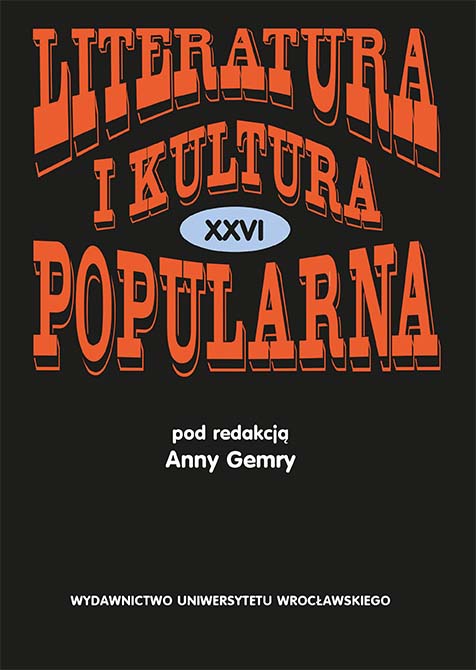

Artykuły

This paper aims to reflect on various aspects of memory politics present in contemporary historical cinema. All films depicting the past carry certain theses or thoughts of a political nature meant to strengthen the contemporary discourse on Polish (and not only) history. The paper presents analyses of three sorts of memory politics: pedagogy of pride, pedagogy of shame and visual historiography (historiophoty). The black-and-white heroism referred to as the reading book heroism presented in Caroline (Karolina), History of Roj (Historia Roja), Broken ear of grain (Zerwany kłos) and in The Outcast (Wyklęty) are examples of pedagogy of pride, favoured by the current Polish authorities from the Law and Justice party (Prawo i Sprawiedliwość). Such works as the Oscar-winning Ida, Summer solstice (Letnie przesilenie) and Consent (Zgoda) are, in turn, emanations of the so-called pedagogy of shame and can be seen as a reference to the message of ambiguous masterpieces from the period of the ‘Polish film school’, in particular to the artistic output of Andrzej Munk. A separate place is to be dedicated to historical works by Wojciech Smarzowski, who in Rose (Róża) and Volhynia (Wołyń) consistently creates visually credible tales of history in order to reflect in a general manner on the non-existent world of the past and ordinary people living therein.
The main conclusion of the article is the statement that historical politics functioning in films depicting the past is meant to be a temporary intervention which may function in a long-term perspective only, given the high artistic quality of the artwork. Otherwise the movie quickly falls into oblivion and loses its influence on the collective social memory.